Why the NBA's utter predictability is a-okay
We all know what's going to happen. We all keep watching. Here's why.

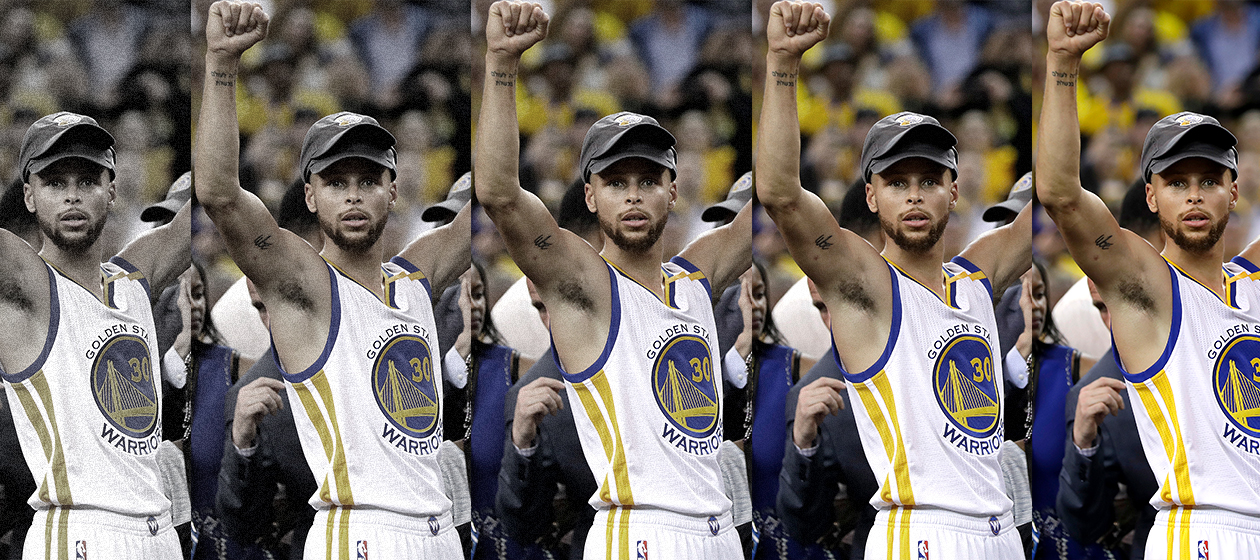
A free daily email with the biggest news stories of the day – and the best features from TheWeek.com
You are now subscribed
Your newsletter sign-up was successful
You could feel the tension start to rise, as rookie sensation Donovan Mitchell powered his Utah Jazz to a third-quarter comeback. Despite it being the arena of the enemy Houston Rockets, Mitchell looked right at home at the Toyota Center, pouring in 22 points in 12 minutes.
This was Tuesday, during Game 5 of the Western Conference semifinals between the Rockets and Jazz. It felt for a moment like the underdog Jazz — trailing 3-1 in the series — could stave off elimination and force the top-seeded Rockets to a sixth game in Salt Lake City. Their second-half run had washed away a nine-point halftime deficit and replaced it with a two-point lead heading into the fourth quarter. It was tempting to think the scrappy band of young players could upend the Rockets' offensive juggernaut.
But most NBA fans knew that Houston was never really in danger of squandering the game — and certainly not the series. They were right: The Rockets eventually pulled away, securing a 10-point victory and advancing to the Western Conference Finals. All-Star point guard Chris Paul, their flashy offseason acquisition, scored 41 points.
The Week
Escape your echo chamber. Get the facts behind the news, plus analysis from multiple perspectives.

Sign up for The Week's Free Newsletters
From our morning news briefing to a weekly Good News Newsletter, get the best of The Week delivered directly to your inbox.
From our morning news briefing to a weekly Good News Newsletter, get the best of The Week delivered directly to your inbox.
In today's NBA, David does not beat Goliath. And that's just fine.
The NBA is a league uniquely built on singular moments, and one where individual characters matter just as much as who hoists the Larry O'Brien trophy at the end of the year. Over 82 regular season games, plus the playoffs, fans are treated to jaw-dropping individual performances alongside scuffles on and off the hardwood. There's plenty of drama to go around; it doesn't just start when hardware is at stake.
The NBA, in fact, has always featured unbeatable Goliaths. Back during the league's nascent years, Bill Russell's Boston Celtics dominated the land. Between 1958 and 1969, Boston won eight straight titles, took a break from the podium in 1967, and then came back and won two more. In the '70s, the Los Angeles Lakers and New York Knicks faced off three times in the Finals. The '80s were shared between Magic Johnson's Showtime Lakers and Larry Bird's Celtics, and Michael Jordan and the Chicago Bulls owned the '90s.
The early aughts belonged to the feuding Lakers helmed by Shaquille O'Neal and Kobe Bryant. Then came Tim Duncan's steady San Antonio Spurs. Then we met LeBron James, who despite playing for two different franchises (the Miami Heat and Cleveland Cavaliers), has played in seven straight Finals.
A free daily email with the biggest news stories of the day – and the best features from TheWeek.com
The NBA has reached a point where a single player — no matter who surrounds him — is essentially a Finals guarantee. But despite its predictability, the NBA's popularity is soaring.
A big factor in the league's inevitability is its playoff format. Teams play best-of-seven series for the rights to advance, and over the course of seven games, talent usually wins out. It's single elimination tournaments or shorter series, like baseball's divisional round, that allow for a greater variance in outcome. As thrilling as No. 16 UMBC's historic upset over No. 1 Virginia in this year's NCAA tournament was, for example, Virginia would have almost certainly won that matchup in a multi-game series.
In the NBA, Anthony Davis and the New Orleans Pelicans can challenge the dominant Golden State Warriors — and maybe even steal a game — thanks to either a lights-out shooting night or a poor outing from Golden State. But the Warriors' depth and superior overall skill is the only thing that matters when all is said and done. No matter how dominant Davis looked, or how resurgent his teammate Jrue Holiday appeared in the backcourt, it was obvious the Warriors would advance.
The 2018 playoffs have teased us a few times, especially in the first round, showing exactly why the league is still riveting, even if it's not surprising. Young up-and-coming teams like the Jazz, the Pelicans, and the Philadelphia 76ers defeated their more experienced first-round opponents handily to advance to the semis, sparking hope in contrarian NBA fans. The Indiana Pacers, led by the league's likely Most Improved Player in Victor Oladipo, took James' Cavaliers to the brink, forcing a Game 7 that required a Herculean effort from James for the Cavs to survive. Meanwhile, the defending champion Warriors looked vulnerable thanks to a sluggish finish to the regular season, not to mention point guard Stephen Curry's ankle injury.
But here we are. The conference finals are set and the four teams that remain — Houston will play Golden State, Cleveland will square off against Boston — are the same four teams that were expected to be left standing by most NBA-watchers at the beginning of the season.
So why do we keep watching, when we already know the outcome?
The answer is manifold. First, although the underdog story is romanticized, sports fans still enjoy watching greatness. The Pacers were a fun story, but at the end of the day, the playoffs are better if James and his heroics are around. They're better if the Warriors can trot out their Death Lineup-turned-Hamptons Five, too. And while these Celtics and Rockets don't carry the historical weight of their opponents, they're both elite squads as well.
We watch the NBA to see James' soaring chase-down blocks in transition and his whip-like no-look passes. We wait for the moment when the pistons begin to churn, just before the Warriors launch into one of their patented, unstoppable, guns-ablaze third-quarter runs. We watch to see James Harden and Chris Paul baffle defenders off the bounce for the Rockets, and we watch to see the Celtics put on a defensive clinic in the half-court.
There are still many intriguing storylines left, some that even feel downright poetic. None of the contenders have taken easy path to get here. Houston's triumverate of Harden, Paul, and head coach Mike D'Antoni are all looking to shake off their reputations as playoff chokers. Boston, the closest thing the group has to an underdog, has been devastated by injuries to its two biggest stars, Kyrie Irving and Gordon Hayward. Cleveland and Golden State, two rivals locked in a never-ending battle, have both forfeited homecourt advantage in the conference finals and are facing opponents who had more successful regular seasons.
And even in defeat, the losers provided plenty of entertainment in these playoffs, forcing their superior opponents to play at an even higher level. Philadelphia, Indiana, Utah, New Orleans — these teams and their young stars are the future of the league. They'll be back in the postseason for the foreseeable future and will have more opportunities to prove their worth.
For now, though, the present is satisfying enough — even if we know the outcome.
Tim is a staff writer at The Week and has contributed to Bedford and Bowery and The New York Transatlantic. He is a graduate of Occidental College and NYU's journalism school. Tim enjoys writing about baseball, Europe, and extinct megafauna. He lives in New York City.
-
 Political cartoons for February 19
Political cartoons for February 19Cartoons Thursday’s political cartoons include a suspicious package, a piece of the cake, and more
-
 The Gallivant: style and charm steps from Camber Sands
The Gallivant: style and charm steps from Camber SandsThe Week Recommends Nestled behind the dunes, this luxury hotel is a great place to hunker down and get cosy
-
 The President’s Cake: ‘sweet tragedy’ about a little girl on a baking mission in Iraq
The President’s Cake: ‘sweet tragedy’ about a little girl on a baking mission in IraqThe Week Recommends Charming debut from Hasan Hadi is filled with ‘vivid characters’
-
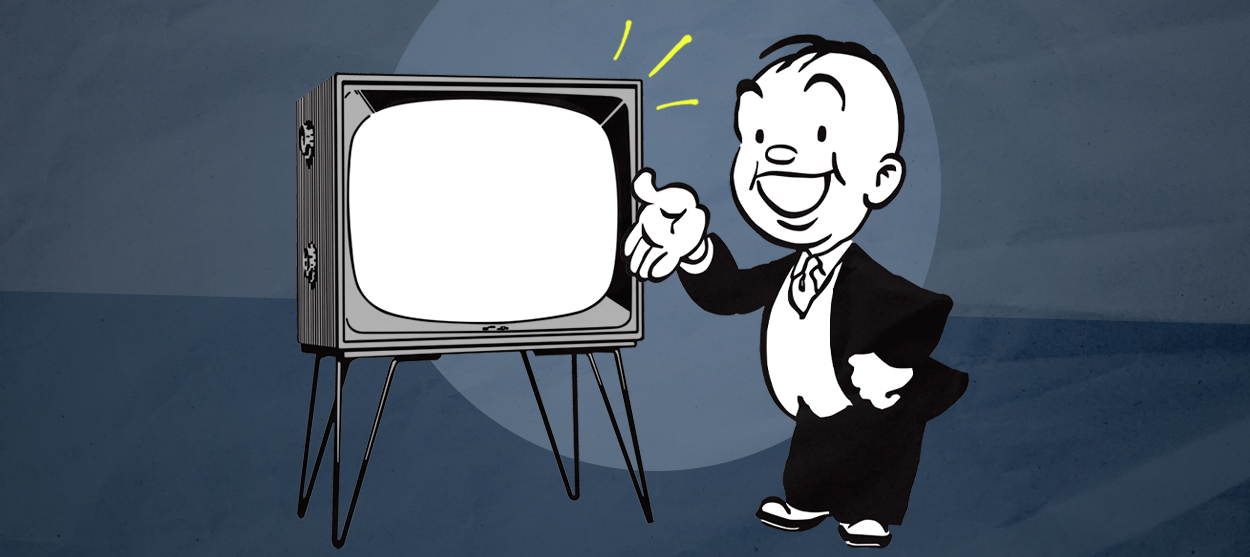 The hottest Super Bowl ad trend? Not running an ad.
The hottest Super Bowl ad trend? Not running an ad.The Explainer The big game will showcase a variety of savvy — or cynical? — pandemic PR strategies
-
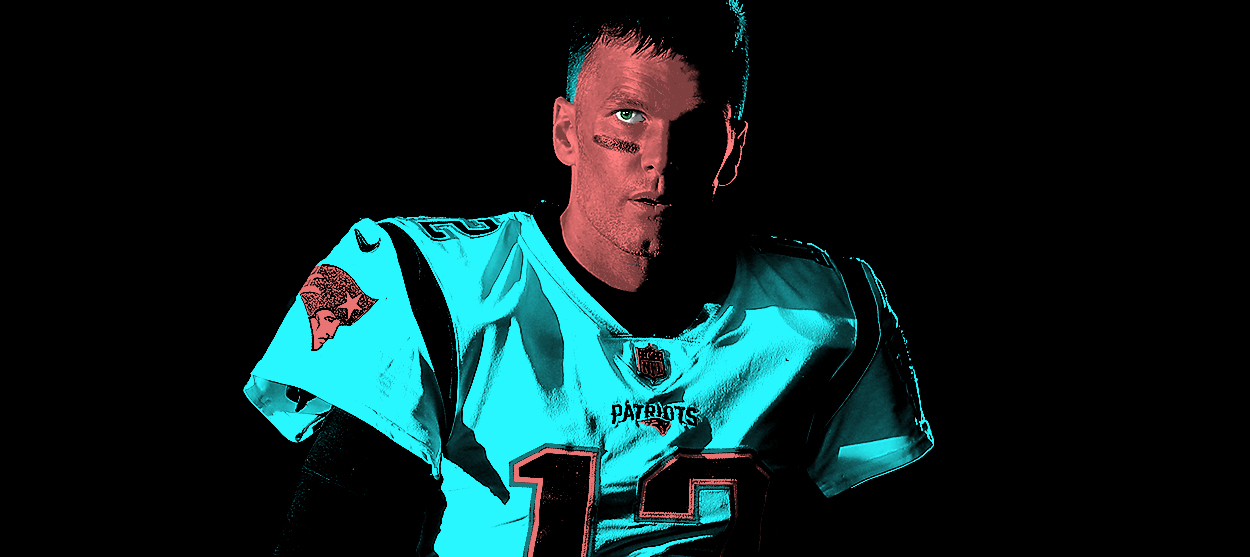 Tom Brady bet on himself. So did Bill Belichick.
Tom Brady bet on himself. So did Bill Belichick.The Explainer How to make sense of the Boston massacre
-
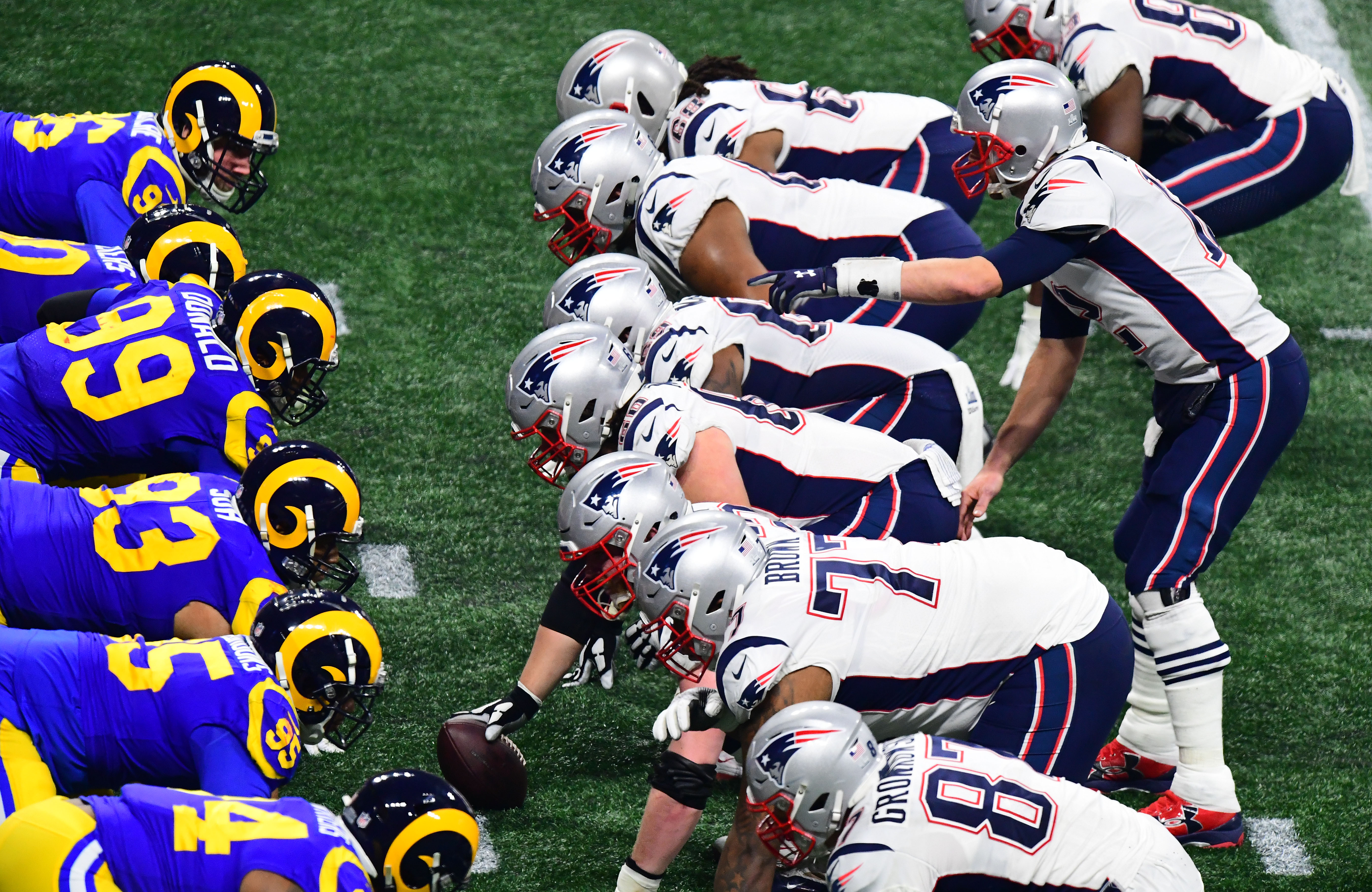 The 13 most exciting moments of Super Bowl LIII
The 13 most exciting moments of Super Bowl LIIIThe Explainer Most boring Super Bowl ... ever?
-
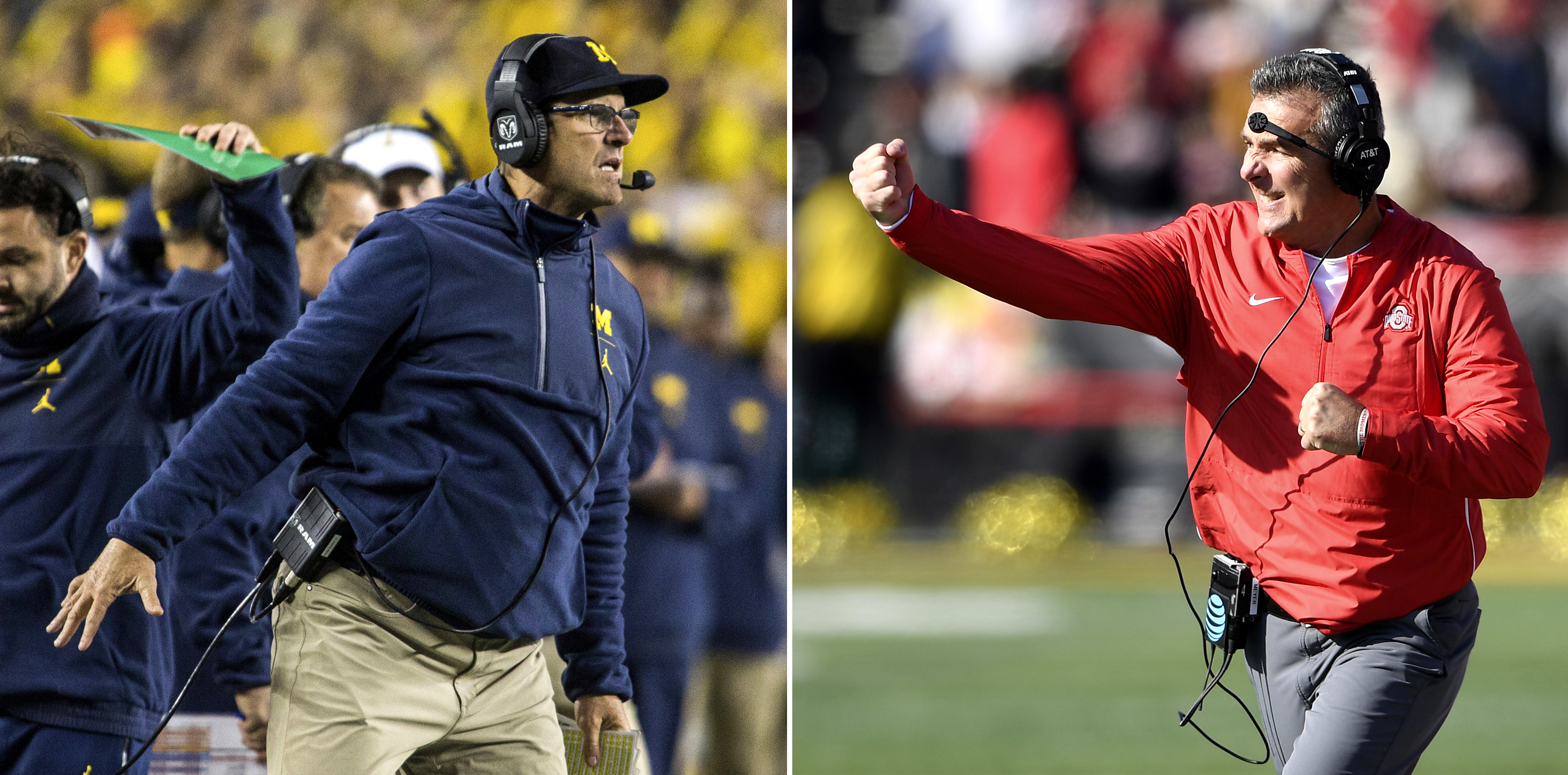 The enduring appeal of Michigan vs. Ohio State
The enduring appeal of Michigan vs. Ohio StateThe Explainer I and millions of other people in these two cold post-industrial states would not miss The Game for anything this side of heaven
-
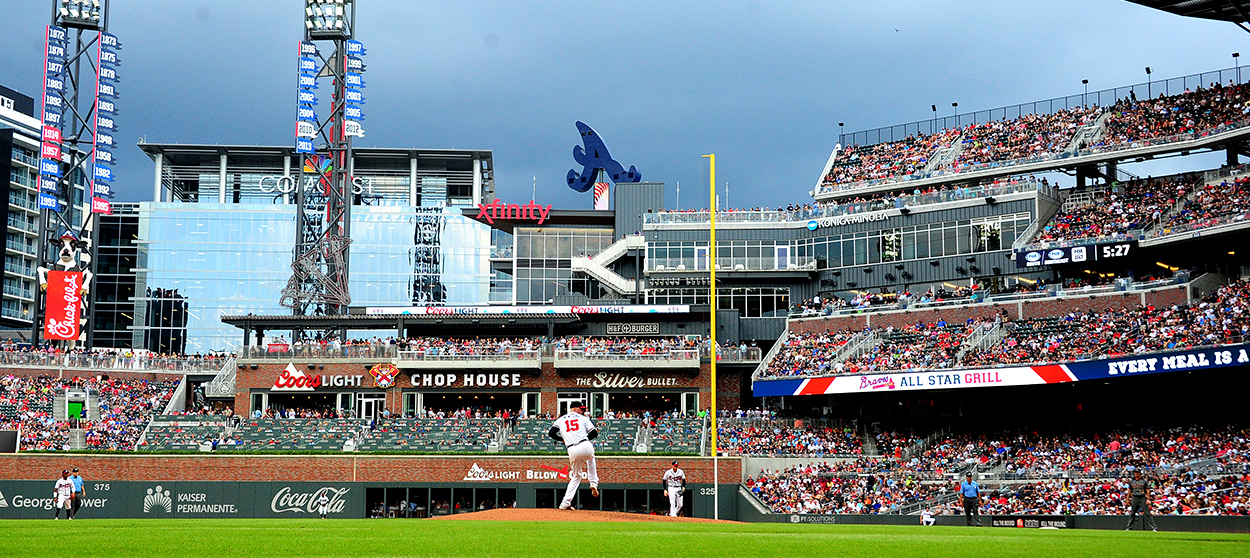 When sports teams fleece taxpayers
When sports teams fleece taxpayersThe Explainer Do taxpayers benefit from spending billions to subsidize sports stadiums? The data suggests otherwise.
-
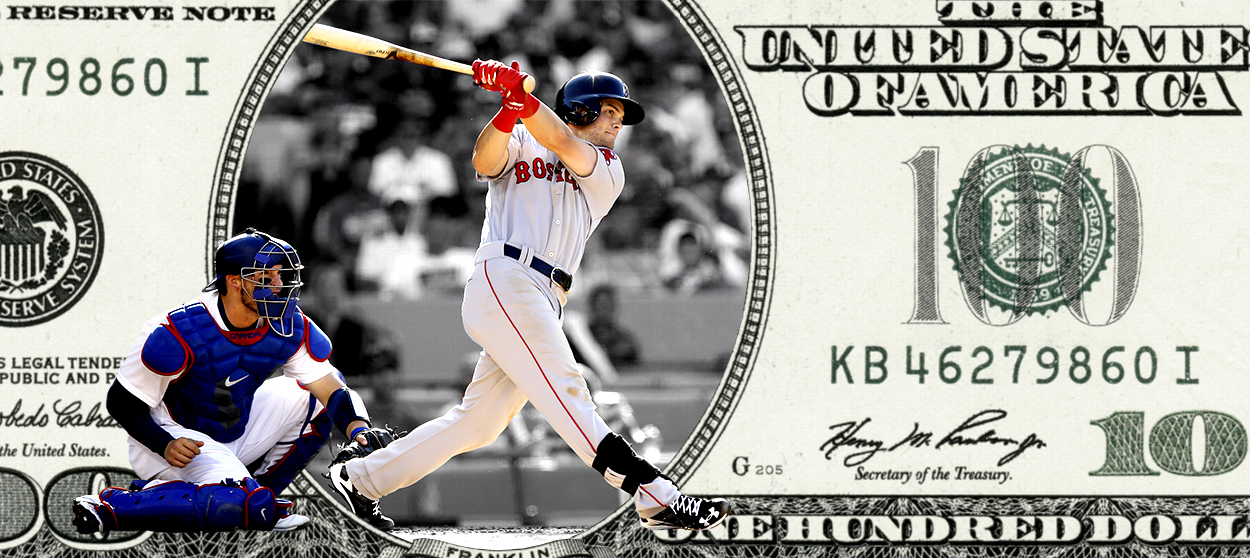 The 2018 World Series is bad for baseball
The 2018 World Series is bad for baseballThe Explainer Boston and L.A.? This stinks.
-
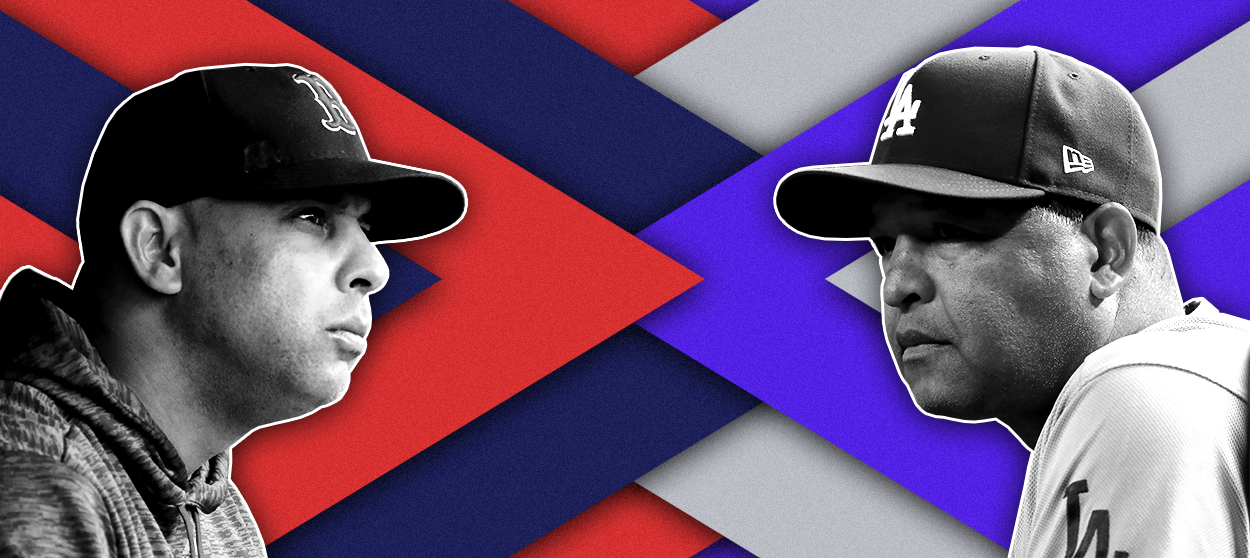 This World Series is all about the managers
This World Series is all about the managersThe Explainer Baseball's top minds face off
-
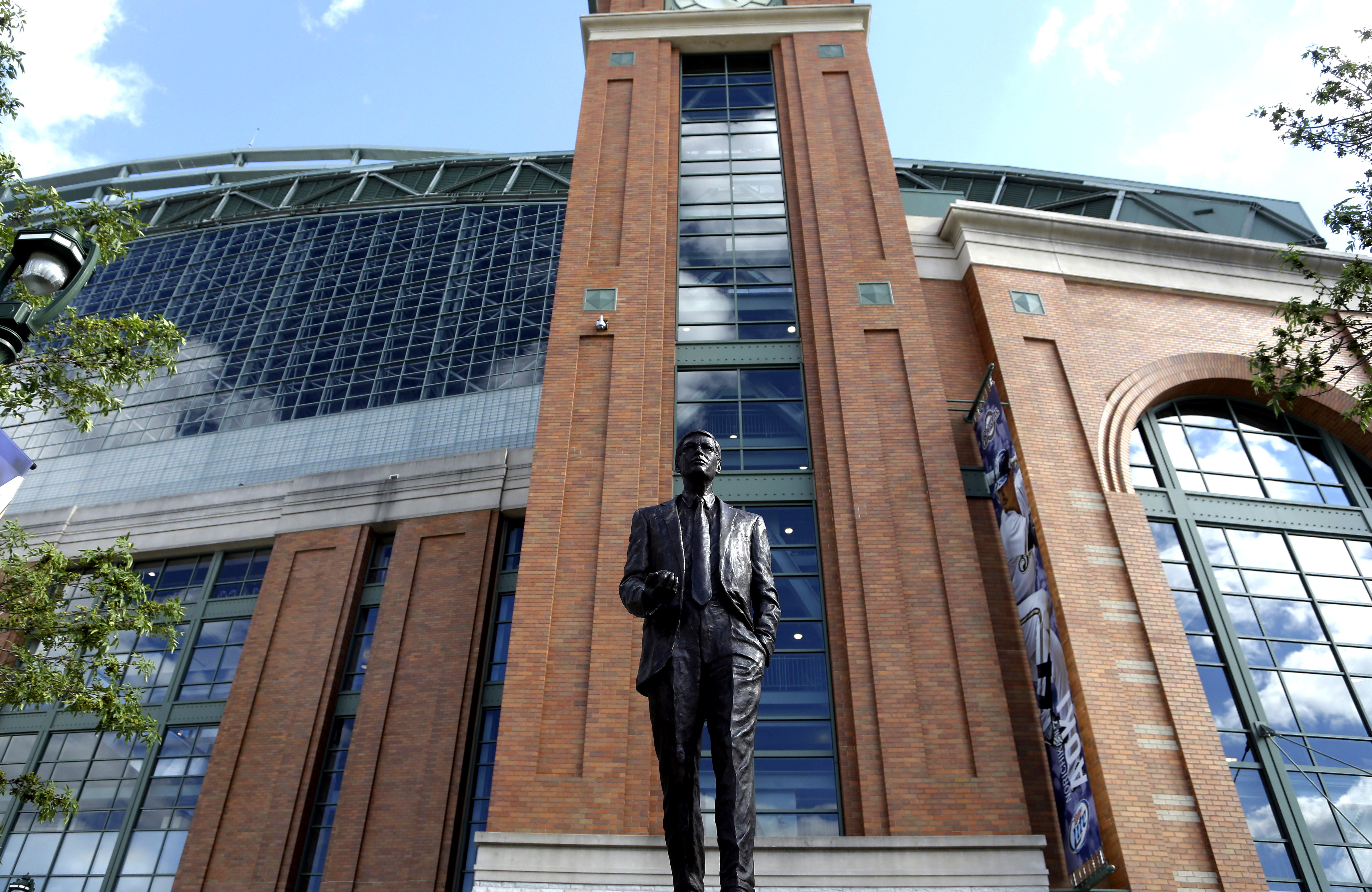 Behold, the Bud Selig experience
Behold, the Bud Selig experienceThe Explainer I visited "The Selig Experience" and all I got was this stupid 3D Bud Selig hologram
